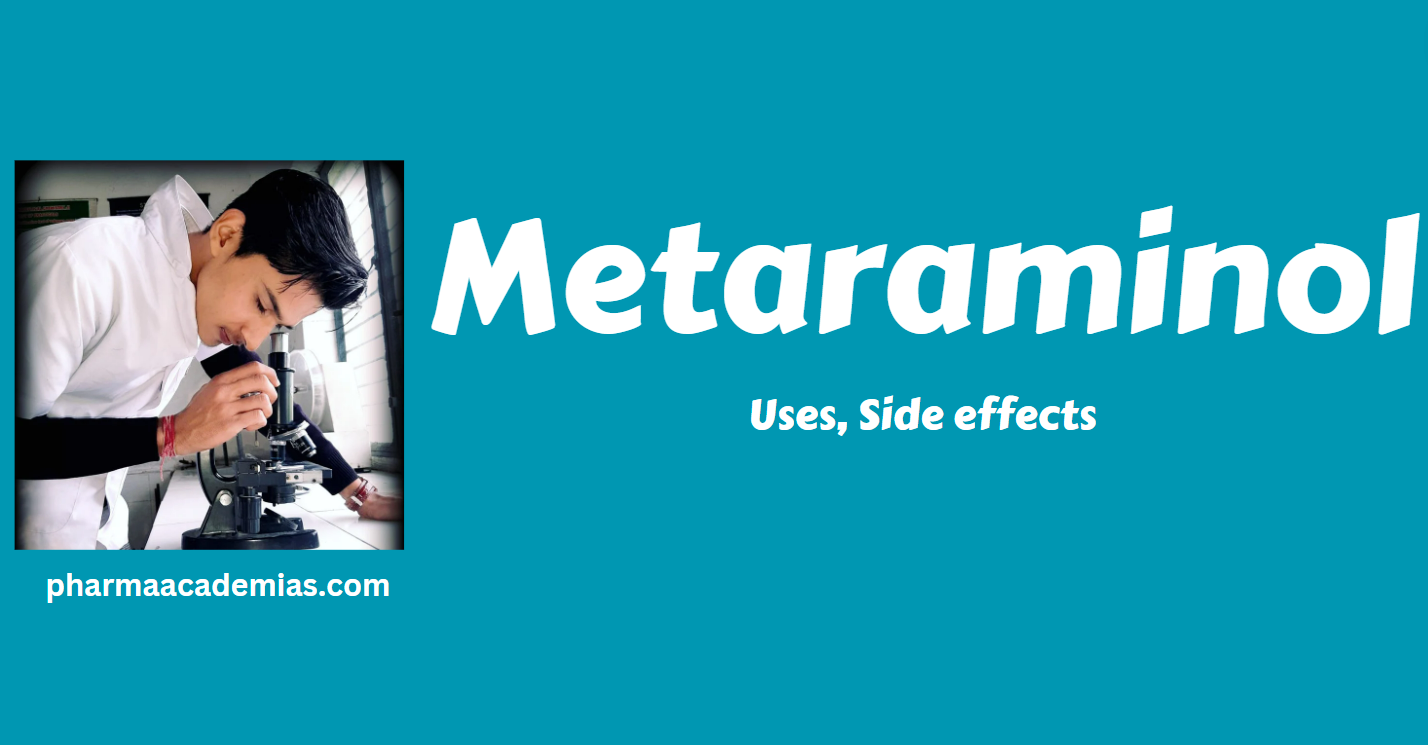Excessive pharmacological effects
Excessive pharmacological effects refer to the unwanted or exaggerated responses that occur when a drug produces more pronounced effects than intended. These effects are typically related to the drug’s mechanism of action and are usually dose-dependent, meaning that they increase with higher drug concentrations or prolonged exposure. While some excessive pharmacological effects can be harmless … Read more








